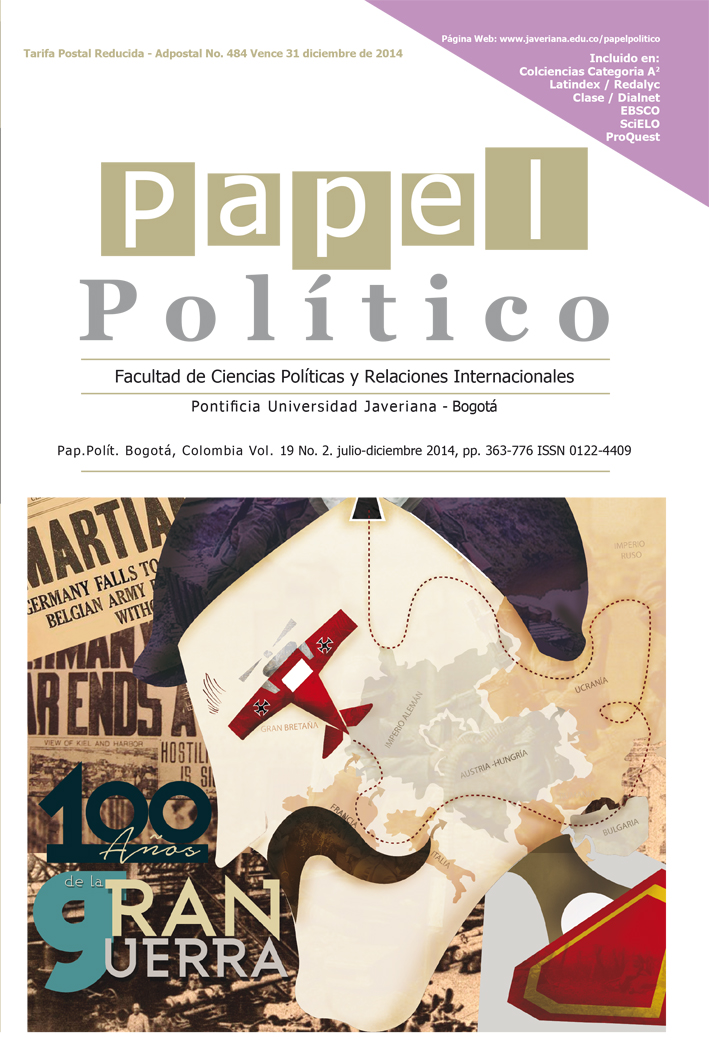Abstract
The world expects that oil countries grow faster than non-endowment economies. Though, the observed is the opposite. It is the resource curse, which leads to economic volatility (Auty, 2009). Some scholars assert that efficient institutions curb the curse, and lead to stable economic growth (Robinson, Torvik & Verdier, 2006). Other authors refuse the role of institutions (Warner & Sachs, 1995). This paper provides the main findings of a research through comparativemethods in order to ask to what extent does institutional efficiency help Colombia and Ecuador to foster oil policies, which lead to stable economic growth in 1996-2013? It found evidence of the curse in the both economies duringthe oil boom. However, it made less impact in Colombia, because it experienced institutional transformation. In contrast, Ecuador diminished its institutional environment. Colombia describeda more stable economic growth.This journal is registered under a Creative Commons Attribution 4.0 International Public License. Thus, this work may be reproduced, distributed, and publicly shared in digital format, as long as the names of the authors and Pontificia Universidad Javeriana are acknowledged. Others are allowed to quote, adapt, transform, auto-archive, republish, and create based on this material, for any purpose (even commercial ones), provided the authorship is duly acknowledged, a link to the original work is provided, and it is specified if changes have been made. Pontificia Universidad Javeriana does not hold the rights of published works and the authors are solely responsible for the contents of their works; they keep the moral, intellectual, privacy, and publicity rights.
Approving the intervention of the work (review, copy-editing, translation, layout) and the following outreach, are granted through an use license and not through an assignment of rights. This means the journal and Pontificia Universidad Javeriana cannot be held responsible for any ethical malpractice by the authors. As a consequence of the protection granted by the use license, the journal is not required to publish recantations or modify information already published, unless the errata stems from the editorial management process. Publishing contents in this journal does not generate royalties for contributors.


